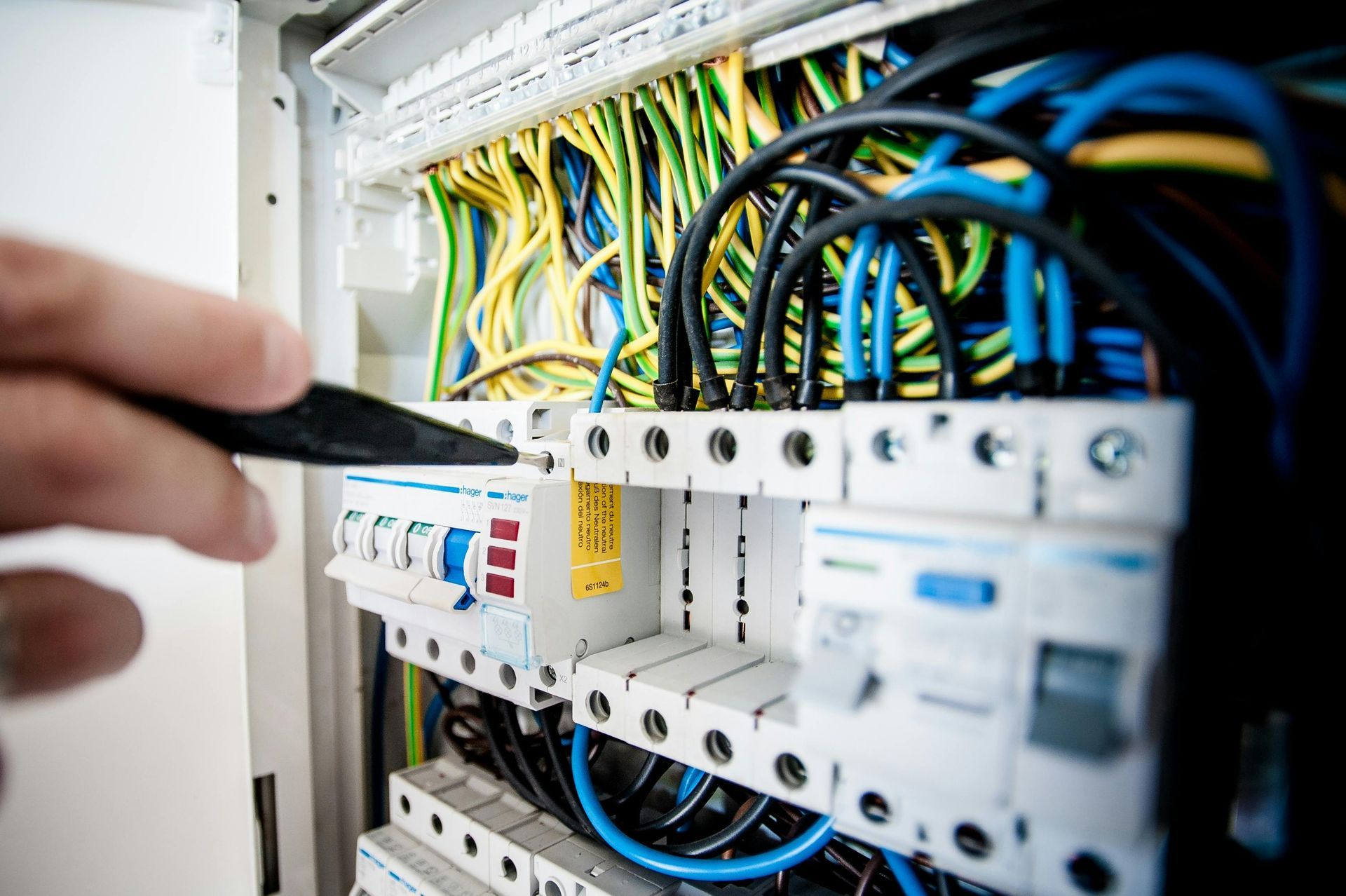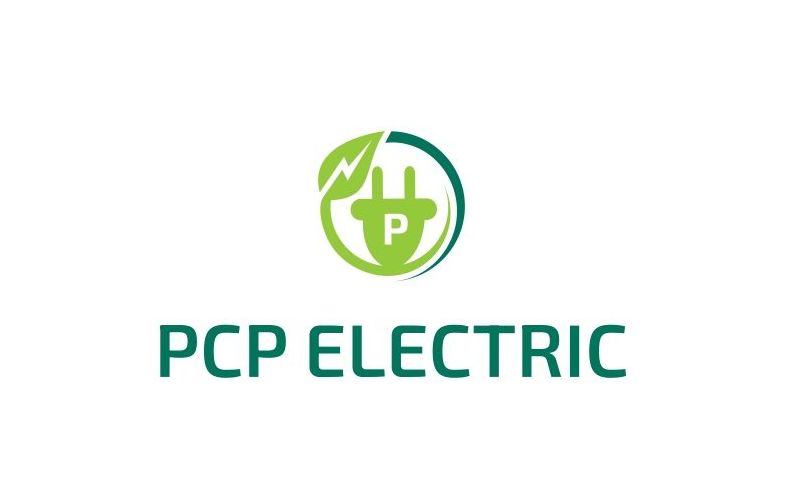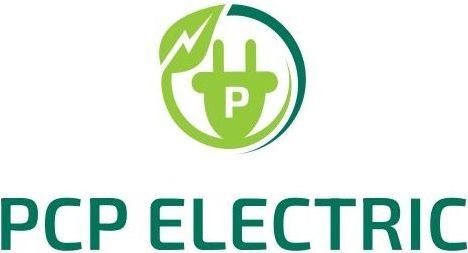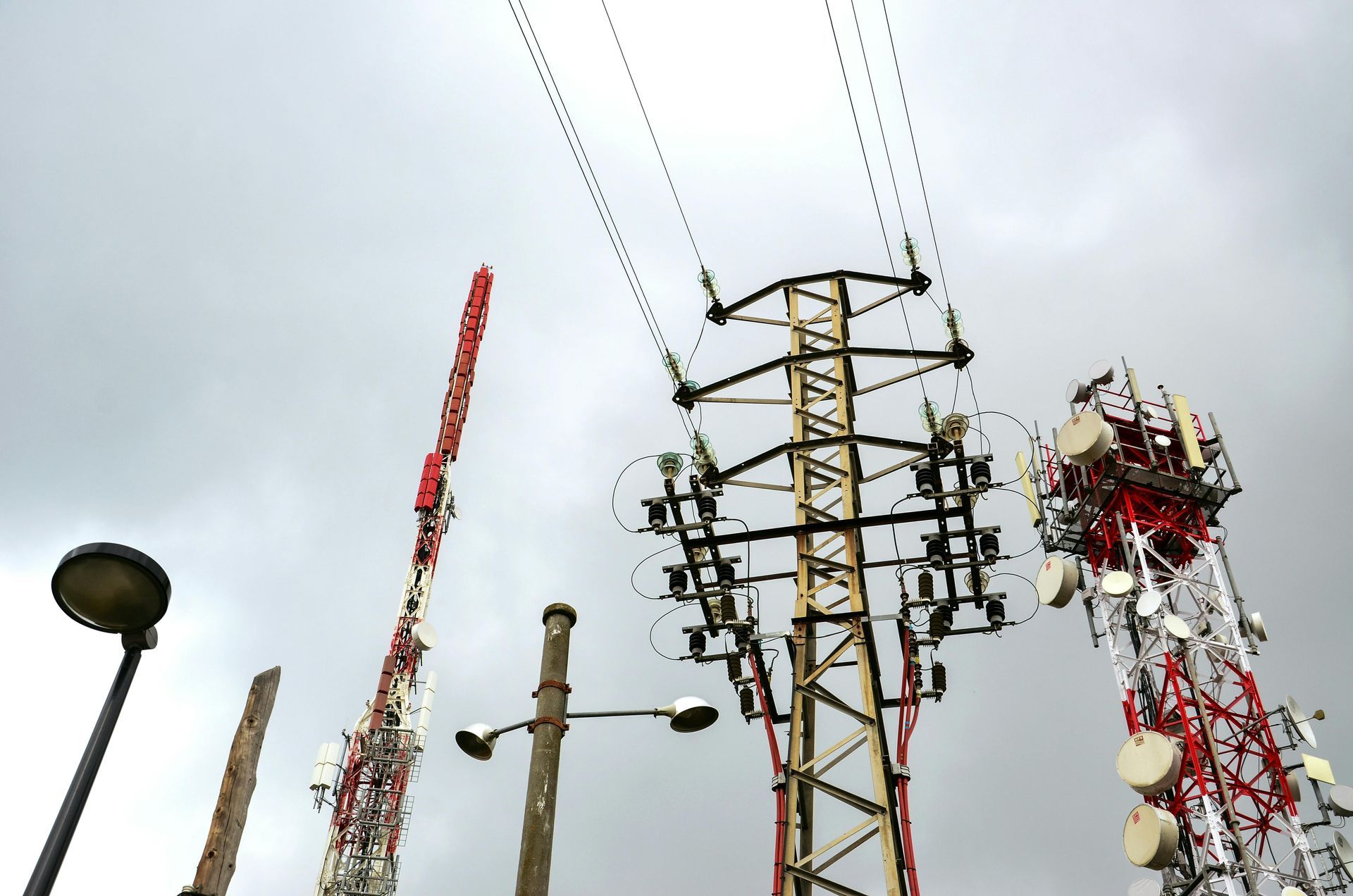What is an Industrial Electrical Panel? Types and Functions Explained
What is an Industrial Electrical Panel?

An industrial electrical panel is the backbone of any manufacturing or large-scale operation's power distribution system. Whether you're setting up a new facility or maintaining an existing one, understanding the components and functionality of these panels is critical. Especially in regions like Singapore, where safety standards and efficiency are paramount, choosing the right electrical service in Singapore is essential to keep operations running smoothly.
An industrial electrical panel, often referred to as a distribution board or control panel, is an enclosure that houses electrical components used to control and distribute electricity in industrial settings. These panels are designed to ensure the safe and efficient operation of electrical systems by controlling circuits, protecting equipment, and minimizing the risk of overloads and faults.
Industrial electrical panels are typically made of metal enclosures and include various components like circuit breakers, contactors, relays, and programmable logic controllers (PLCs). These components work together to monitor, protect, and automate the power supply to machinery and equipment.
Why Industrial Electrical Panels Matter
In industries, electricity is the lifeblood of operations. A malfunction or overload can cause downtime, equipment damage, or even fires. That’s why industrial panels are built with rigorous safety measures. Choosing a reliable electrical service in Singapore ensures that your panel meets all local codes and standards, maximizing operational uptime and workplace safety.
Types of Industrial Electrical Panels
1. Power Control Center (PCC) Panels
These panels control the power distribution in large industries. They are used for handling heavy loads and are typically installed near power sources.
Main Features:
- Equipped with MCBs and MCCBs
- Centralized control over machinery
- Ideal for large-scale industries
2. Motor Control Center (MCC) Panels
MCC panels control motors from a central location. They're designed to start, stop, and protect motors efficiently.
Main Features:
- Include contactors, overload relays, and circuit breakers
- Can be manual or automated
- Used in manufacturing, HVAC, and water treatment plants
3. Automation Panels
These panels are used in industries where automated systems like PLCs are involved. They manage complex processes with minimal human intervention.
Main Features:
- Include PLCs, HMIs, and SCADA systems
- Essential for modern production lines
- Integrates with sensors and actuators
4. Lighting Control Panels
Used to control lighting circuits in industrial complexes.
Main Features:
- Include MCBs and timers
- Can be programmed for energy efficiency
- Supports manual or automated operation
5. Capacitor Panels
These panels help in power factor correction, ensuring efficient energy use.
Main Features:
- Reduce electricity bills
- Improve voltage levels
- Enhance energy efficiency
Key Components of an Industrial Electrical Panel
Miniature Circuit Breaker (MCB)
MCBs are automatic switches that protect the circuit from overcurrent. When current exceeds a certain limit, the MCB trips and cuts off the power.
MCB Function:
- Prevents overheating and electrical fires
- Ensures equipment safety
- Can be reset after tripping
Molded Case Circuit Breaker (MCCB)
MCCBs are used for higher current ratings compared to MCBs. They offer adjustable trip settings, making them suitable for industrial applications.
MCCB Function:
- Provides short-circuit and overload protection
- Ideal for large machinery
- Higher durability than MCBs
Relays and Contactors
These are electromechanical switches used to control high-power devices with low-power signals.
Programmable Logic Controller (PLC)
A PLC automates industrial processes. It can be programmed to perform a wide range of control functions without human intervention.
Human-Machine Interface (HMI)
HMI allows operators to interact with the PLCs and control systems, offering visual feedback on performance and errors.
How Automatic Electrical Control Systems Work
Understanding how automated electrical control systems operate is vital in modern industry. These systems consist of sensors, input/output modules, PLCs, and actuators. Here's a simplified workflow:
- Sensors detect a physical condition (e.g., temperature, pressure).
- PLCs process the data received from sensors.
- Based on the programming, the PLC sends a signal to the appropriate actuator.
- Actuators perform the necessary function (e.g., start a motor).
- HMIs provide a user interface for monitoring and adjustment.
How automatic electrical control works ini memungkinkan efisiensi tinggi, pengurangan human error, dan peningkatan keselamatan kerja.
Importance of Professional Installation and Maintenance
While it's tempting to cut corners, professional installation ensures compliance with Singapore's stringent regulations. Regular maintenance by qualified electrical service providers helps prevent costly downtime and extends the life of the equipment.
Conclusion
Industrial electrical panels are critical for the efficient and safe operation of any industrial facility. From understanding the MCB and MCCB functions to grasping the How automatic electrical control works, having the right knowledge helps in making informed decisions. Whether you're setting up a new facility or upgrading an existing one, investing in a trusted electrical service in Singapore ensures long-term safety and reliability.
Need help with industrial panel installation or maintenance? Reach out to a certified electrical service provider in Singapore today and keep your operations running without a hitch!



